Optimal Timing for Land Gradings
Gradings are an essential part of land development and construction projects, providing critical information about soil properties, stability, and suitability for various uses. Proper timing ensures accurate assessments, reduces project delays, and aligns with seasonal conditions favorable for soil analysis and testing.
Spring and fall are generally preferred due to moderate weather conditions, which facilitate accurate testing and reduce weather-related disruptions.
Heavy rainfall or extreme temperatures can affect grading accuracy. Scheduling during dry, stable weather ensures reliable results.
Timing gradings to align with project phases minimizes delays and ensures data is available when needed for planning and construction.
Soil properties can vary with seasons; conducting gradings during stable periods provides consistent data for decision-making.

Advanced tools used during grading assessments ensure precise soil analysis.

Field crews performing soil compaction tests in optimal weather conditions.

Visual comparison of land before and after grading to illustrate improvements.
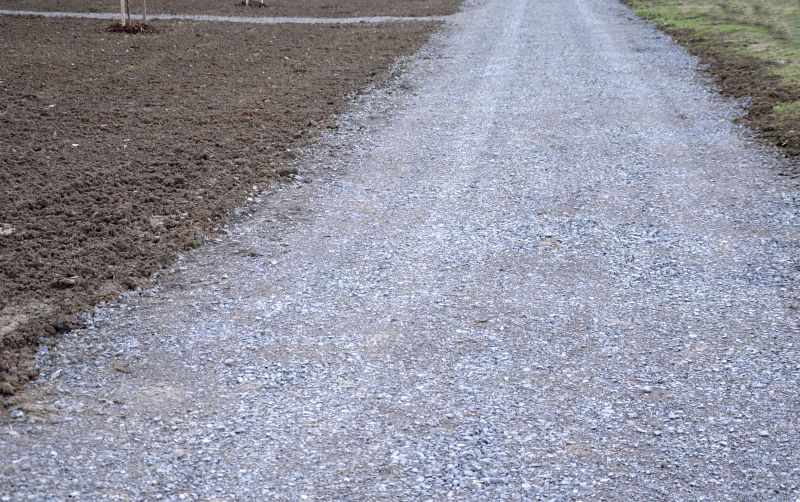
Ways to make Gradings work in tight or awkward layouts.
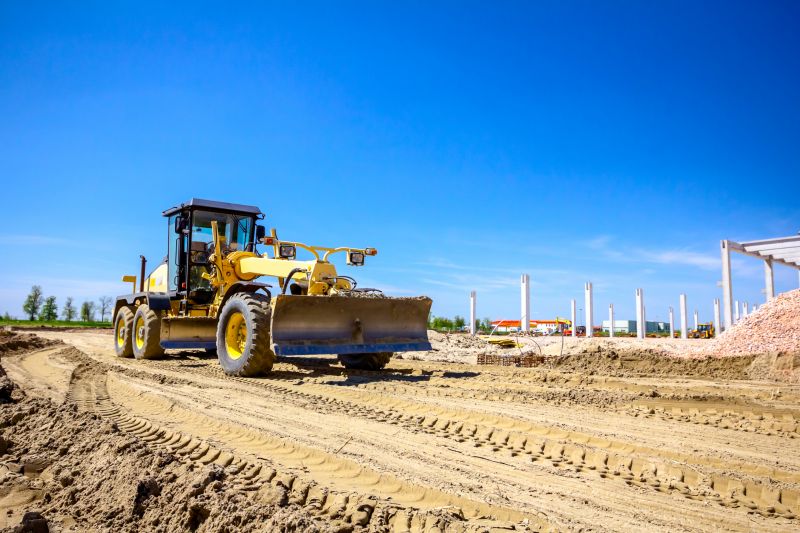
Popular materials for Gradings and why they hold up over time.
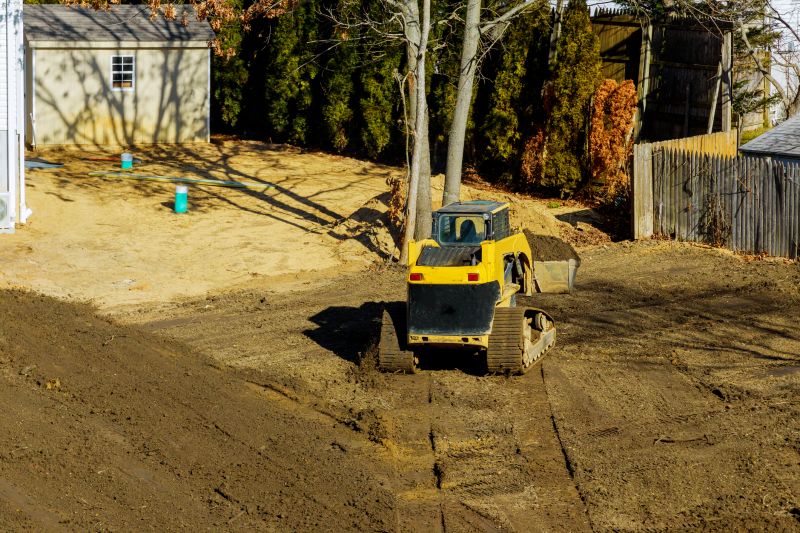
Simple add-ons that improve Gradings without blowing the budget.
| Season | Advantages |
|---|---|
| Spring | Ideal for soil stability and moderate weather conditions. |
| Fall | Suitable due to cooler temperatures and reduced rainfall. |
| Summer | Less preferred due to heat and potential for storms. |
| Winter | Often avoided because of soil moisture and cold temperatures. |
| Dry Season | Provides optimal conditions for accurate grading. |
| Rainy Season | Can cause delays and unreliable testing results. |
Gradings involve detailed analysis of soil composition, compaction, and stability to support construction and landscaping projects. Proper timing enhances the accuracy of test results and helps avoid costly delays. Seasonal factors, weather patterns, and project schedules all influence the optimal period for conducting gradings.

Technicians collecting soil samples during ideal weather conditions.
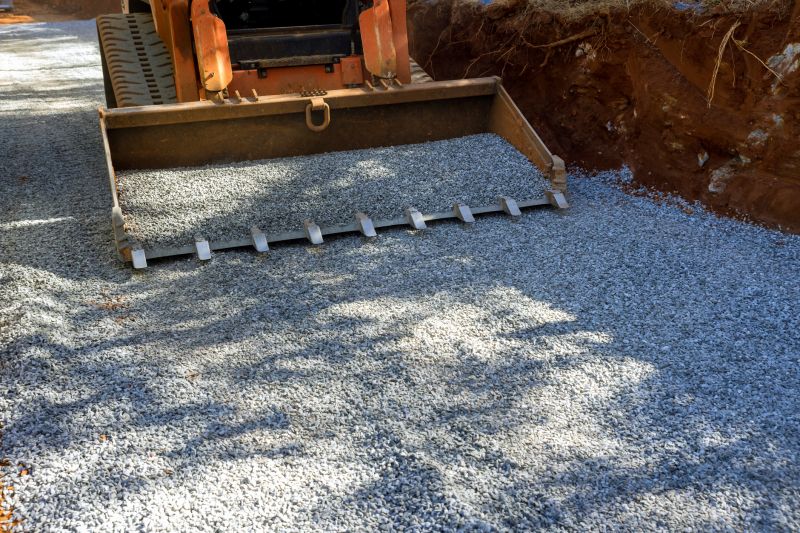
Equipment used to measure soil density and stability.
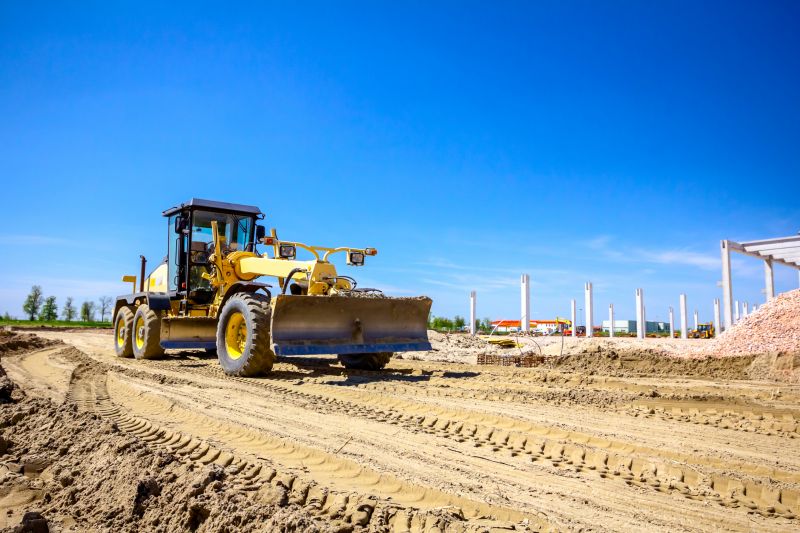
Properly graded land ready for development.
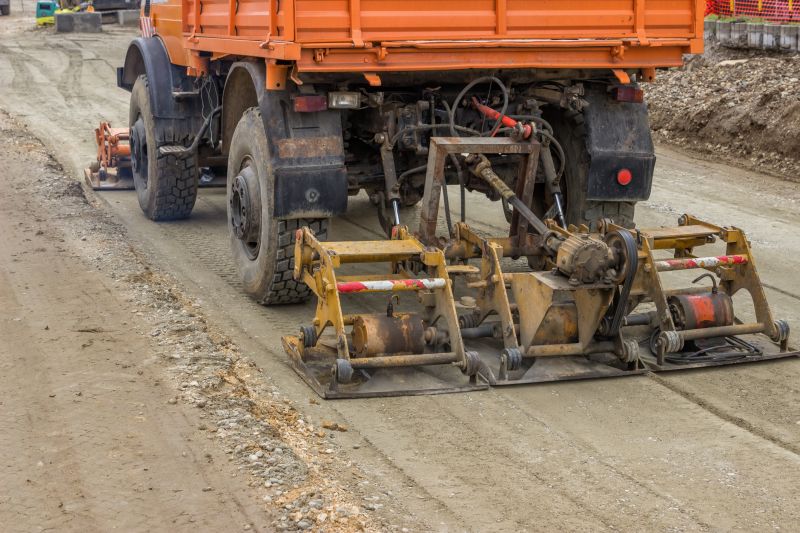
Machinery used in grading and site preparation.

High-end options that actually feel worth it for Gradings.

Finishes and colors that play nicely with Gradings.
Understanding the best timing for gradings ensures that land is prepared accurately and efficiently. Scheduling during appropriate seasons reduces risks associated with weather, enhances testing reliability, and aligns with project timelines. Consulting with local experts can provide tailored advice based on specific land conditions and project requirements.
Interested in scheduling a grading assessment? Filling out the contact form can provide detailed guidance tailored to Milton, FL. Proper timing and preparation can significantly impact the success of land development projects.

